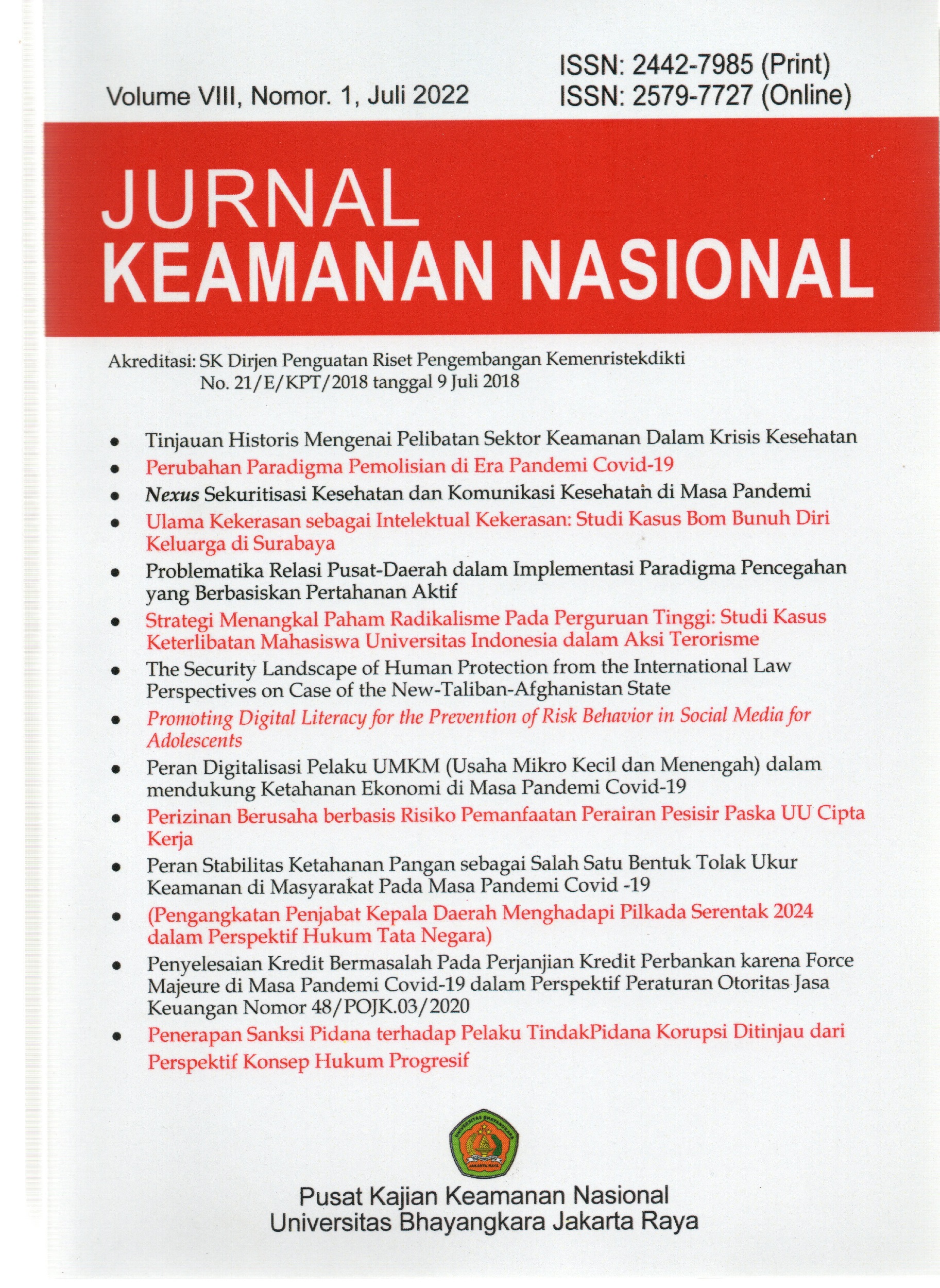Penerapan Sanksi Pidana terhadap Pelaku Tindak Pidana Korupsi Ditinjau dari Perspektif Konsep Hukum Progresif
DOI:
https://doi.org/10.31599/s5hadz55Keywords:
Implementation; Corruption; Progressive LawAbstract
This study aims to examine and analyze the application of criminal sanctions against corruption based on progressive law. This study uses a normative juridical approach with descriptive analysis. The data used was secondary data obtained through a literature study, which was then analyzed qualitatively. Based on the research, Progressive law requires the state to embrace a boundless function and use its power to tell people what they must and must not do so as to allow them to get hold of their desired affluence. Progressivism in law is a legal philosophical overview that may have the potential to realize the ideas of justice and legal certainty. This paper emphasized that progressive law basically can be used as an alternative in law enforcement, and the establishment of law should in line with this thinking.
Downloads

Downloads
Published
Issue
Section
License
Please read and understand the copyright terms for submissions to this journal.
Copyright Notice
The Jurnal Keamanan Nasional is under the Creative Commons Attribution 4.0 International (CC-BY 4.0) License, according to which:
1) Authors retain copyright and grant the journal the right to first publication, with the work simultaneously licensed under the Creative Commons Attribution (CC-BY 4.0) that allows the sharing of articles published with the acknowledgement of authorship and the initial publication in this journal.
2) The authors are authorized to make additional contracts separately for distribution of the version of the work published in this journal (for example, publication in an institutional repository or as a chapter of the book), as long as there is recognition of authorship and initial publication in this journal.
3) Authors are authorized and encouraged to publish and distribute their work online (for example, in institutional repositories or on their personal pages) at any time before or during the editorial process, as it increases the impact and reference of the published work.












